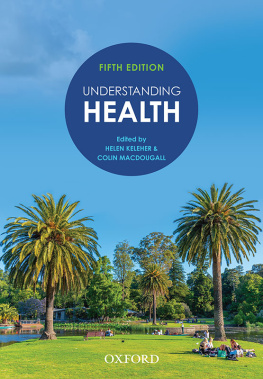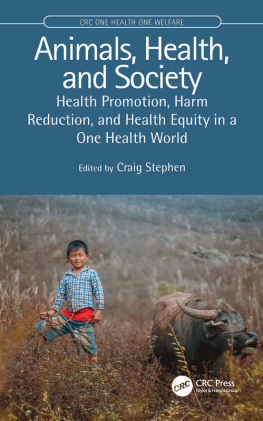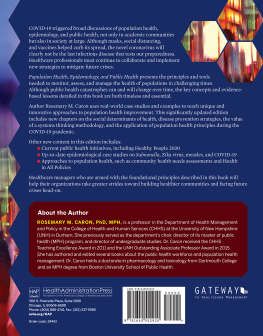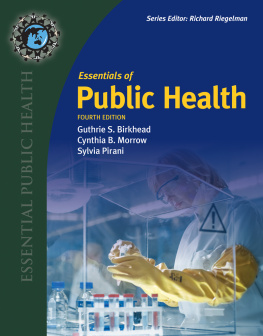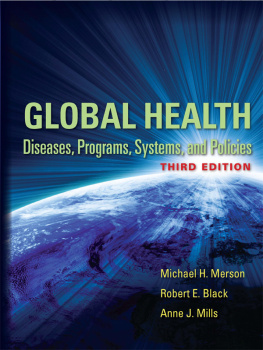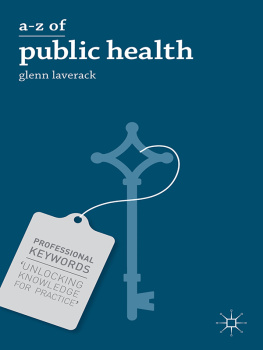Table of Contents
Page List
Guide

Oxford University Press is a department of the University of Oxford. It furthers the Universitys objective of excellence in research, scholarship, and education by publishing worldwide. Oxford is a registered trademark of Oxford University Press in the UK and in certain other countries.
Published in Australia by
Oxford University Press
Level 8, 737 Bourke Street, Docklands, Victoria 3008, Australia.
Helen Keleher and Colin MacDougall 2022
The moral rights of the authors have been asserted
First published 2004
Second edition published 2008
Third edition published 2011
Fourth edition published 2016
Fifth edition published 2022
All rights reserved. No part of this publication may be reproduced, stored in a retrieval system, or transmitted, in any form or by any means, without the prior permission in writing of Oxford University Press, or as expressly permitted by law, by licence, or under terms agreed with the reprographics rights organisation. Enquiries concerning reproduction outside the scope of the above should be sent to the Rights Department, Oxford University Press, at the address above.
You must not circulate this work in any other form and you must impose this same condition on any acquirer.

ISBN 9780190323431

Reproduction and communication for educational purposes
The Australian Copyright Act 1968 (the Act) allows educational institutions that are covered by remuneration arrangements with Copyright Agency to reproduce and communicate certain material for educational purposes. For more information, see copyright.com.au.
Edited by Jennifer Butler
Typeset by Integra Software Services Pvt. Ltd.
Proofread by Kellyanne Martin and Kate McGregor
Indexed by Mei Yen Chua
Printed in Singapore by Markono Print Media Pte Ltd
Disclaimer
Indigenous Australians and Torres Strait Islanders are advised that this publication may include images or names of people now deceased.
Links to third party websites are provided by Oxford in good faith and for information only. Oxford disclaims any responsibility for the materials contained in any third party website referenced in this work.
FIGURES
TABLES
ABBREVIATIONS
| ABS | Australian Bureau of Statistics |
| ACCHO | Aboriginal Community Controlled Health Organisation |
| AIHW | Australian Institute of Health and Welfare |
| AMA | Australian Medical Association |
| ANF | Australian Nursing Federation |
| ASGS | Australian Statistical Geography Standard |
| CHS | community health services |
| CDC | Centers for Disease Control and Prevention |
| COAG | Council of Australian Governments |
| CSDH | Commission on the Social Determinants of Health |
| DALY | disability adjusted life year |
| DHHS | Department of Health and Human Services |
| EBM | evidence-based medicine |
| GBD | Global Burden of Disease |
| GGGI | Global Gender Gap Index |
| GHG | greenhouse gas |
| HiAP | Health in All Policies |
| IHB | International Health Board |
| ILO | International Labor Organisation |
| IOM | Institute of Medicine |
| IPCC | Intergovernmental Panel on Climate Change |
| LGA | local government area |
| MDG | Millennium Development Goal |
| MMR | maternal mortality rate |
| NCD | non-communicable disease |
| NGO | non-government organisation |
| NHS | National Health Service |
| OECD | Organisation for Economic Co-operation and Development |
| OHCHR | Office of the High Commissioner for Human Rights |
| PAR | participatory action research |
| PBS | Pharmaceutical Benefits Scheme |
| PHAA | Public Health Association of Australia |
| PHC | primary health care |
| PHIDU | Public Health Information Development Unit |
| PHM | Peoples Health Movement |
| PHN | Primary Health Network |
| PPH | potentially preventable hospitalisations |
| PTSD | post-traumatic stress disorder |
| SA | statistical area |
| SDG | Sustainable Development Goal |
| SIDS | Small Island Developing States |
| TB | tuberculosis |
| ToC | theory of change |
| UN | United Nations |
| UNCRC | United Nations Convention on the Rights of the Child |
| UNHCR | United Nations High Commissioner for Refugees |
| UNICEF | United Nations International Childrens Fund |
| WHO | World Health Organization |
| YPLL | Years of Potential Life Lost |
CONTRIBUTORS
Editors
Helen Keleher, BA, MA, PhD; Life Member Public Health Assoc. of Australia, Adjunct Professor School of Rural Health, Monash University; Principal, Keleher Consulting.
Colin MacDougall, BA (Hons) MA, PhD; Emeritus Professor of Public Health, College of Medicine and Public Health, Flinders University; (Honorary), Child & Community Wellbeing Unit, Centre for Health Equity, The Melbourne School of Population and Global Health, University of Melbourne.
Contributors
Teresa Capetola, BBSc, BA (Hons), MA; Lecturer, Deakin University.
Toby Freeman, BPsyc (Hons), PhD; Senior Research Fellow and Deputy Director of the Southgate Institute for Health, Society and Equity, College of Medicine and Public Health, Flinders University.
Melissa Graham, BPH (Hons), Grad Cert High Ed, Grad Dip Epi Biostats, PhD; Associate Professor, La Trobe University.
Claire Henderson-Wilson, BAppSci (Hons), Grad Cert Ed Studies/Disability, Grad Cert High Ed, PhD; Senior Lecturer, Deakin University.
Fiona McKay, BSc, MPH, PhD; Senior Lecturer, Deakin University.
Kim ODonnell, DipT, MPHC, DrPH; Research Fellow Indigenous Health, The Southgate Institute for Health, Society and Equity, College of Medicine and Public Health, Flinders University; Senior Researcher Adelaide Nursing School, Faculty of Health and Medical Sciences, Adelaide University.
Rebecca Patrick, BAppSc (Hons), GCertHigherEd, PhD; Senior Lecturer, Deakin University.
Tahna L. Pettman, BHS (Life Science), Grad Cert Clin. Research, PhD; Public Health Academic Consultant.
Heather R. Yeatman, BSc, DipEd, GDipNutDiet, MPH, DrPH; Hon Professor Public Health, University of Wollongong, Life Member Public Health Assoc. of Australia.
PREFACE
We want this book to spread the word about contemporary understandings of health, what shapes it and how we take action to improve it. Public health would be so easy if health was determined only by the visible and commonly discussed factors of biology, behaviour and the health care system. But it is not as easy as that. Public health is complicated, because health is determined by the circumstances in which we live, work, study, love, raise children, shop, play, google, travel and care for our planet. These circumstances are called the social determinants of health. Thankfully researchers, practitioners, policymakers and communities have been working together to chart ways through this complexity. In this book, we discuss the latest evidence on how to work with communities to lead global, national and local strategies to produce social conditions that enable people to live healthier and more satisfying lives.

